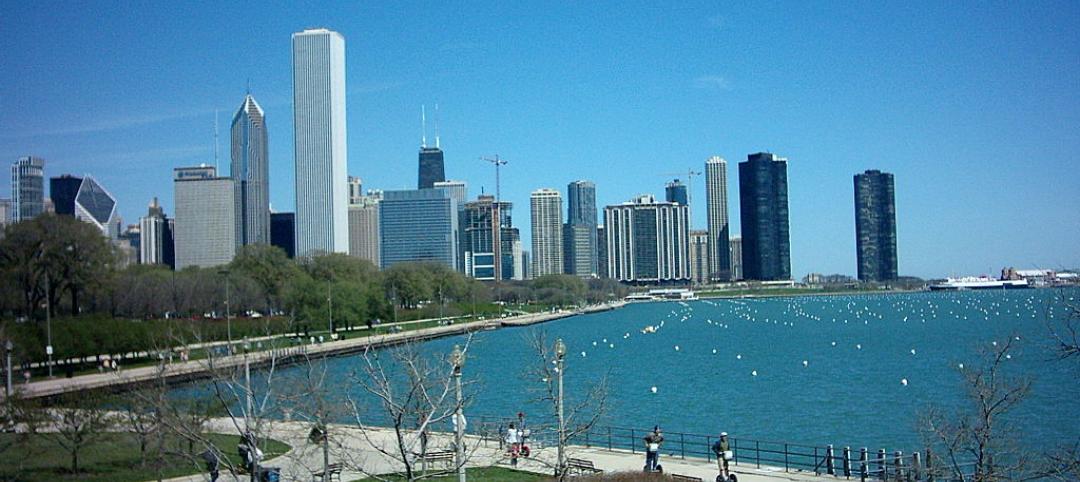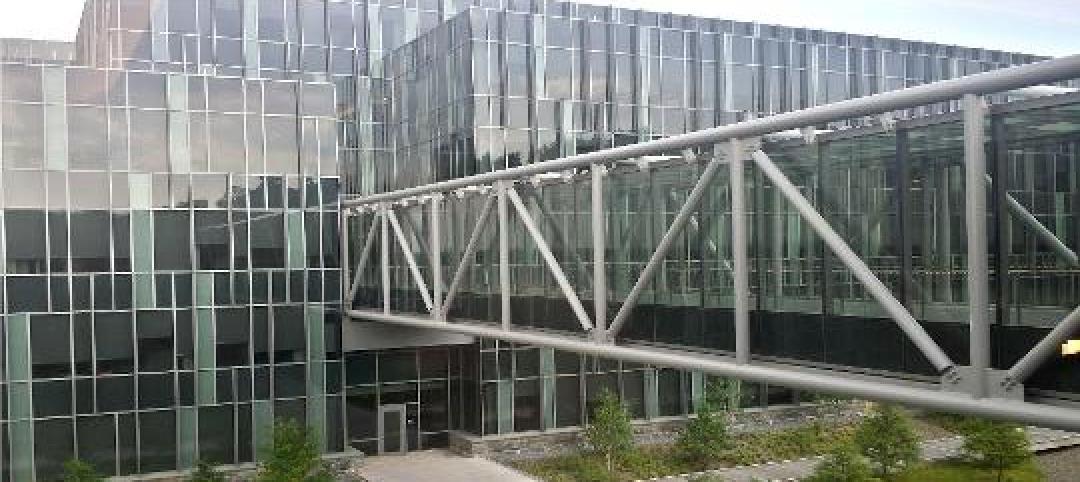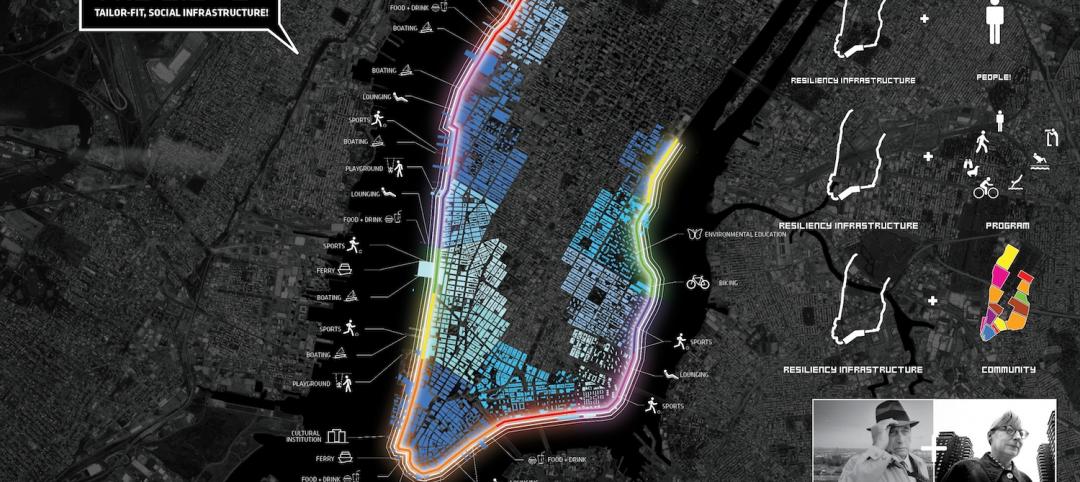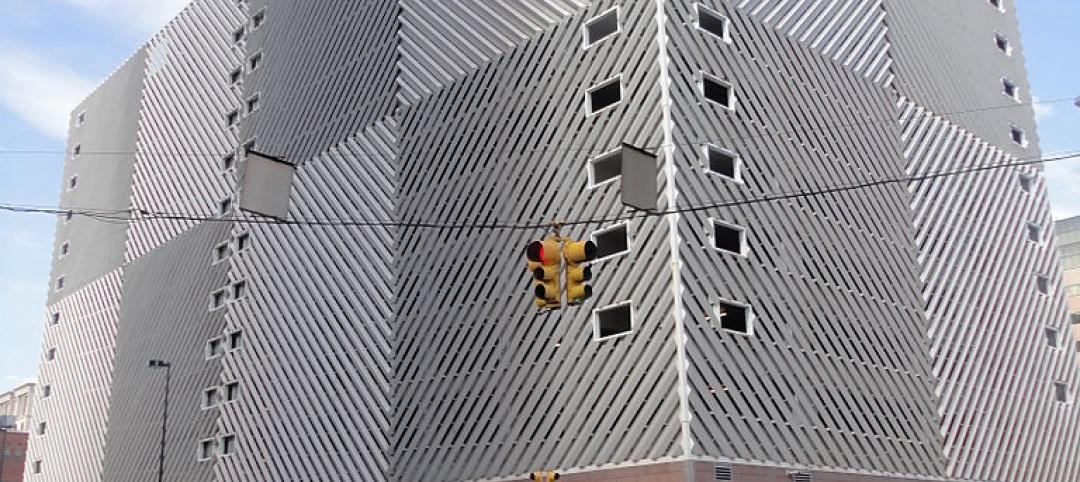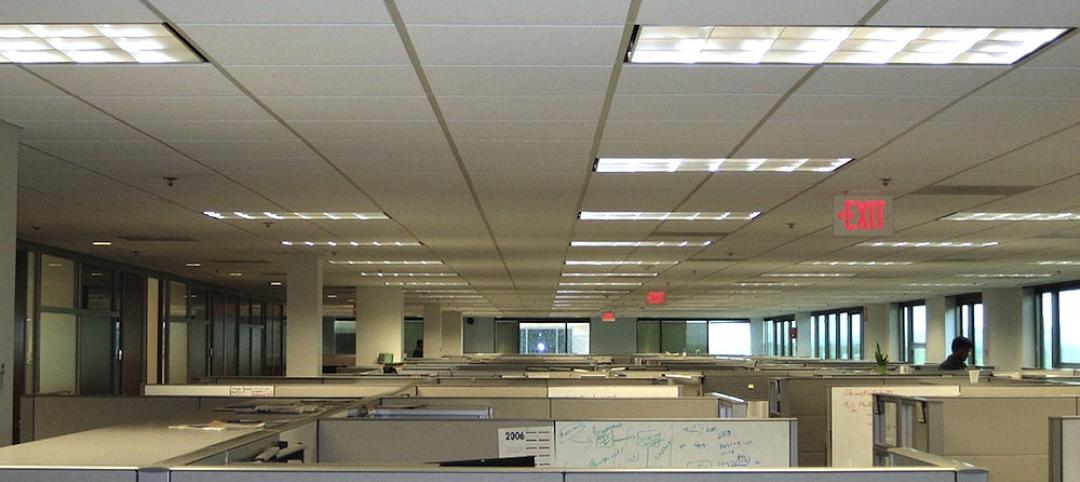ASHRAE recently released “Liquid Cooling Guidelines for Datacom Equipment Centers,” second edition, a guide for implementing liquid cooling systems in data centers. The guide provides guidelines on interface requirements between chilled-water systems and technology cooling systems and on the requirements of liquid-cooled systems that attach to a datacom electronics rack.
Data center rack heat loads are steadily climbing, creating a need for liquid cooling solutions to reduce the volume of airflow needed, ASHRAE says. “There is an increasing interest in liquid-cooled IT equipment at the rack, equipment and component levels,” says Don Beaty, publication chair of Technical Committee 9.9., Mission Critical Facilities, Data Centers, Technology Spaces and Electronic Equipment. “There is also increased interest in reuse of the heat rejected from IT equipment. One of the more important changes to the second edition is the addition of supply water temperature classification.”
The addition of liquid classes can have a similar effect on the industry as the creation of supply air temperature classes did—which was the critical enabler to the use of economizers in data centers, Beaty says. “There are five water temperature classes with the highest temperature class being >45 C (113 F), which opens up possibilities for using the rejected heat for building heating systems,” he said.
Related Stories
| Jun 11, 2014
ISO releases standards for comparing city services worldwide
The International Organization for Standardization (ISO) has created the first standards to compare services of the world’s cities.
| Jun 11, 2014
Federal bill would promote shifting to energy-efficient roofs
A bipartisan proposal from U.S. Reps. Tom Reed, R-N.Y., and Bill Pascrell, D-N.J., would make roof replacement cost less and would help commercial building owners adopt energy-efficient systems.
| Jun 5, 2014
Over budget Homeland Security headquarters project may be canceled
A massive new headquarters for the Department of Homeland Security is more than $1.5 billion over budget, 11 years behind schedule, and may never be completed.
| Jun 5, 2014
Insurance giant sues nearly 200 Illinois communities for failing to prepare for climate change
Farmers Insurance filed nine class action suits against nearly 200 communities in the Chicago area, saying that local governments should have prepared for rising global temperatures that have led to heavier rains and flooding.
| Jun 4, 2014
Dikes, water pumps, and parks will help New York City area be more resilient
The Obama Administration has pledged $1 billion in federal funding to protect the New York City region from flooding like the area experienced from Superstorm Sandy.
| Jun 4, 2014
Green initiative may scuttle high-rise projects in Berkeley, California, critics charge
Volunteers in Berkeley, Calif., are collecting signatures for the “Green Downtown & Public Commons Initiative,” a controversial measure that critics charge would halt some development in the city.
| Jun 2, 2014
Parking structures group launches LEED-type program for parking garages
The Green Parking Council, an affiliate of the International Parking Institute, has launched the Green Garage Certification program, the parking industry equivalent of LEED certification.
| May 28, 2014
Commercial building measurement standard could meet resistance from owners
For some building owners, a new measurement standard could mean that their building would shrink in size and lose value.
| May 28, 2014
Resiliency measures for hurricanes can help with tornadoes
Architect Butch Grimes, who examined the wreckage after a half-mile tornado struck Tuscaloosa, Ala., believes toughening building codes can reduce damage from twisters.
| May 28, 2014
Rooftop wind turbines becoming green status symbol in New York City
New York City developers are using rooftop wind turbines in an effort to attract buyers by highlighting a building’s green credentials.



